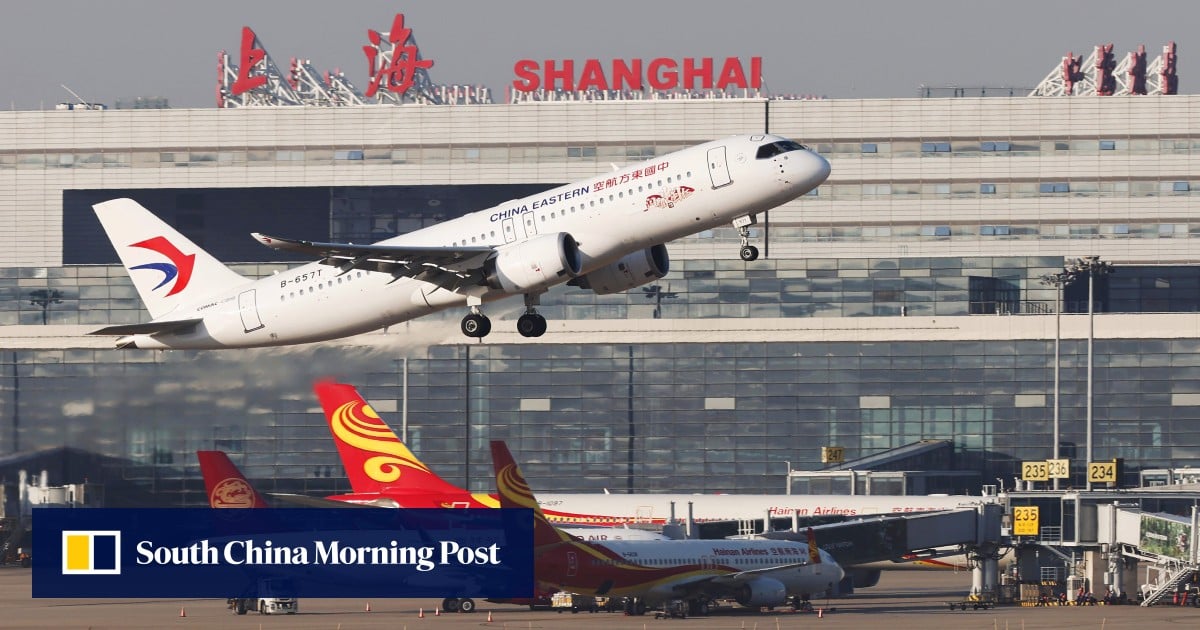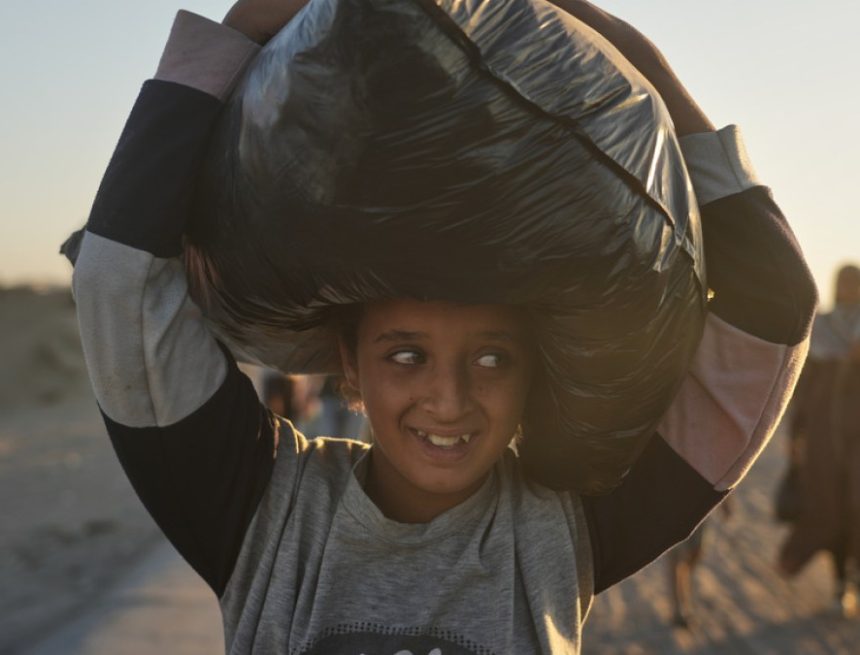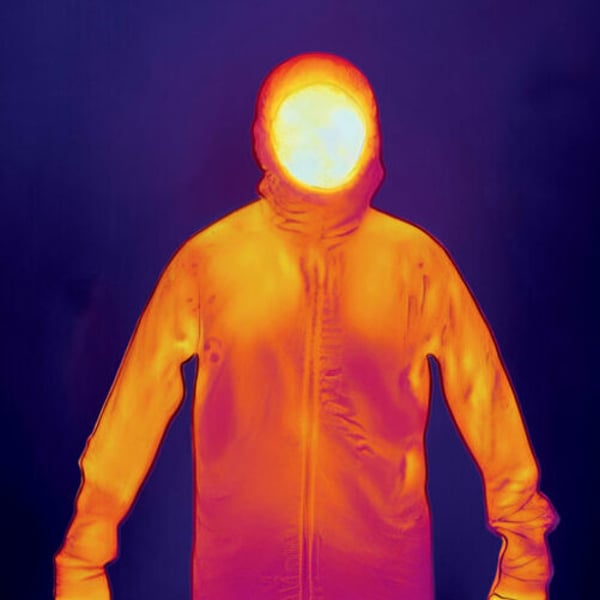It unfolded in plain sight over 18 months. The city of El Fasher in the Darfur region of Sudan, besieged by the Rapid Support Forces (RSF), fell to the militia group last week, and what has followed is a catastrophe.
Mass killings are under way. There are reports that in one maternity hospital alone almost 500 people – patients and their families – were killed. The few that managed to escape tell of summary executions of civilians. The RSF has embarked on a killing spree of civilians so severe that images of blood saturating the ground have been picked up by satellite. The speed and intensity of the killings in the immediate aftermath of the fall of El Fasher has already been compared by war monitors to the first 24 hours of the Rwandan genocide.
This is the culmination of a campaign that had walled in the population of the city – hundreds of thousands of people – and reduced it to starvation. Those who attempted to flee risked death and rape, and those that remained were bombed and surviving on nothing more than animal feed.
El Fasher was the Sudanese military’s last remaining stronghold in Darfur, and this past week marks a grave turning point in Sudan’s war. Now two and a half years long, the fight for control of the country between the Sudanese Armed Forces (SAF) and the RSF has been brutal and relentless.
Previously partners in government, the two parties ruled in a tense coalition with civilians after a popular revolution overthrew president Omar al-Bashir in 2019. The parties then turned on the civilians, before turning on each other. When it came, their confrontation was explosive; a revelation of just how much the RSF (created by Bashir from the ranks of Janjaweed fighters to protect him and fight his wars in Darfur) had amassed power and resources in the shadows. The war that started in April 2023 was not between the military and an upstart militia, but two armies, both with arsenals, income streams, thousands of troops, and external supply lines.
Since then, millions have been displaced, an estimated 150,000 have been killed, and more than 30 million people now need urgent humanitarian assistance. These staggering statistics still do not fully tell the story of Sudan’s tragedy, the country’s rapid unravelling, the destruction of its infrastructure, or the particularly merciless way the RSF has conducted its campaign in Darfur.
With El Fasher’s capture, the RSF has consolidated its position in the west of the country. Having taken the capital city, Khartoum, in the early days of the war in 2023, the RSF then lost it to the military, and focused its efforts on Darfur. There, it has wreaked its vengeance on the non-Arab populations, ethnically targeting them in mass killings. Earlier this year, in an attack on Sudan’s largest displacement camp, the RSF slaughtered hundreds of civilians along ethnic lines. What further awaits El Fasher after its fall, a city that held out against the RSF for so long, is unthinkable. The videos emerging are of locals pleading with militiamen for their lives. One was told by a commander that none will be spared, before being shot. “I will never have mercy on you,” the commander said. “Our job is only killing.”
And it was all predicted and predictable. Warnings were being issued for months about the risk of mass slaughter and atrocities. A million displaced Darfuris, fleeing other flashpoints, had become concentrated in El Fasher. As fighting intensified, they then dispersed once again or became trapped. It is a scenario that not only recalls the first days of the Rwanda genocide, but past episodes of Darfur’s genocide 20 years ago, only this time more concentrated and intense. The RSF of today is the Janjaweed of yesteryear, except this time armed to the teeth, supported by powerful external allies, and with a renewed appetite to purge once more non-Arab populations it has been hostile to for decades. Today they come not on camel or horseback, but on 4×4 “technicals” armed with mounted machine guns and powerful drones.
That arsenal, and therefore the calamity in El Fasher and the wider Darfur region, is sponsored by the United Arab Emirates. A staunch historical ally of the RSF (whose troops the UAE hired to prosecute its war in Yemen), the Emirates has pumped funds and weaponry into the RSF’s hands and, in doing so, extended the life and intensity of Sudan’s war. It continues to deny its role, despite overwhelming evidence. In return, the UAE secures a foothold in a large, strategic, resource-rich country, and already receives the majority of gold mined in RSF-controlled areas. Other actors have been drawn in, overlaying proxy agendas on a domestic conflict. The result is deadlock, quagmire and blood loss that seems impossible to stem, even as the crisis unravels in full view.
Sudan’s war is described as forgotten, but in reality it is tolerated and relegated. Because to reckon with the horror in Sudan is to look into the abyss of regional and global politics. It is to see the growing imperialist role of some Gulf powers in Africa and beyond – and to acknowledge the fact that no meaningful pressure is applied to these powers, including the UAE, to cease and desist from supporting a genocidal militia because the UK, US and others are close allies with these states. As the RSF encircled El Fasher last year, sources told the Guardian that UK government officials were working to suppress criticism of the UAE among African diplomats. Last week it was revealed that British military equipment used by the RSF was found on the battlefields in Sudan.
In Sudan, there are two military parties that cannot decisively defeat each other. Globally, foreign policy that was once the result of a mixture of diplomatic pragmatism and parties amenable to moral pressure has now been reduced to the naked practice of powerful states pursuing business and political interests, however they see fit. The scale and clarity – crimes visible from space – of what is occurring in El Fasher and the wider Darfur region leaves no room for pretences of ignorance. It is a repeat of what we have seen before, and a new chapter in a war that has gone on for long enough for all to know what is on the cards. Those who have leverage over the UAE, and therefore the RSF, but allow the violence to pass without urgent action or pressure have blood on their hands. The majority of El Fasher’s population is trapped in a killing field. Every minute counts.


